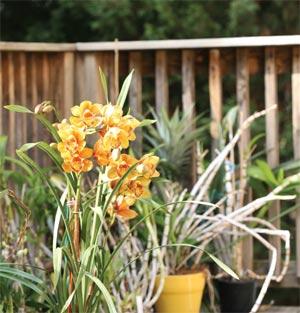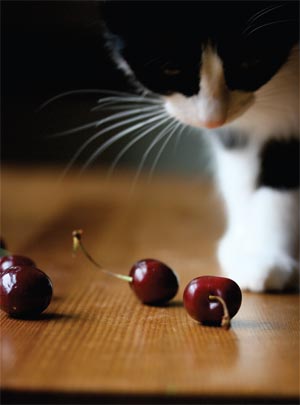
Q. Do snails become immune to snail bait?
A. Snails do not build up immunity to the typical baits. This can occur with some insects when they are repeatedly exposed to non-lethal dosage of a chemical. Their immune system builds up a resistance over several generations. This is not the case with the Brown Garden Snail. They are controlled with liquid or granular baits using a cereal, based attractant, usually wheat. Since the 1930’s, metaldehyde has been the primary active ingredient in snail baits; however, Iron Phosphate has joined it today. Stale beer can also be effective because of the hops and malt. With metaldehyde, snails ingest the tainted material and even the smallest amount is quickly fatal by dehydration. The results are quickly seen the morning after an application as the area is littered with shells. Thus, there are no opportunities for the immune system of snails to build up immunity and then pass it on to the next generation. Metaldehyde is highly toxic by inhalation, moderately toxic by ingestion and slightly toxic by handling it. Hence, there are concerns with pets, kids and vegetable plants with the metaldehyde baits such as Corry’s, Buggetta and Deadline. Iron phosphate, unlike metaldehyde, is safe around kids, pets, and wild life. With vegetables, it can be used up to the day of harvest. Iron phosphate is a compound that occurs naturally in the soil. Because of its relatively low toxicity, it can be used in ‘organic’ gardens, where pesticides are typically avoided. Snails are attracted to the bait, ingest the material, return to their habitat and stop feeding. There is no mass carnage the next morning. The snails die from a fatal case of food poisoning rather than a type of chemical poisoning. This concerns folks, as there are no visual signs of any victims. Sluggo is the primary iron phosphate brand being sold today. On average, an adult snail lays eighty-five eggs every four to six weeks from February through October. It takes a snail about two year to mature. After the rainy season concludes, bait monthly in the dark, moist breeding areas to keep the population under control
Q. I was given a Cymbidium Orchid plant. I haven’t had good results with any orchids in the past. Would it be better to plant it in the garden or keep it in the pot?
A. Cymbidium Orchids are one of the hardiest of all the outdoor grown orchids. They grow best in morning to early afternoon sun but the foliage can burn with hot temperatures and they do suffer with cold winter nights. While they could be grown in the ground, it’s not recommended because they’ll never flower again. Cymbidium orchids must have their roots crowded or restricted in order to bloom. In addition, you can move them around to enjoy the flowers or protect them during those warm and/or cold periods. Now, the biggest concern is keeping them moist, as they’re watered daily or every other day, now through October.




